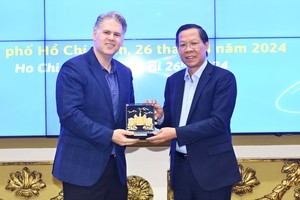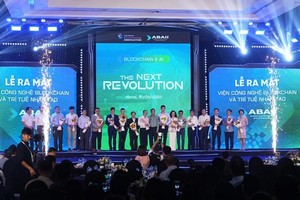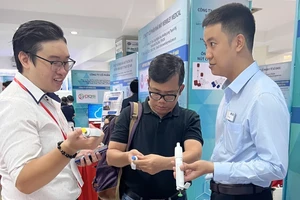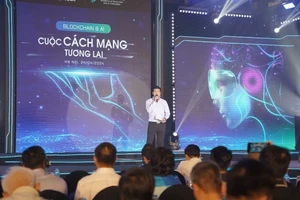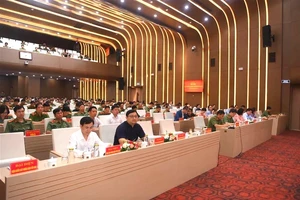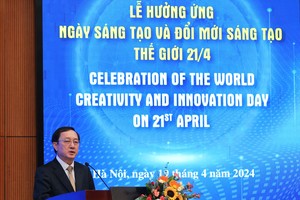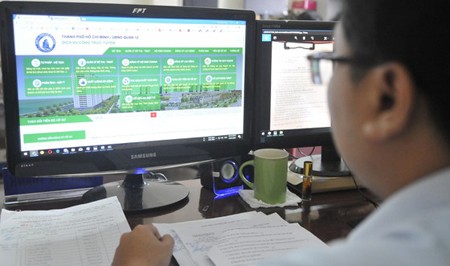
Resolution No.52 issued on September 27, 2019 by the Politburo on policies to actively participate in Industry 4.0 clearly states that until 2025, there will be at least three smart cities in the three key economic regions in the North, Central, and the South, with the further aim of having a chain of smart cities in these regions, closely connecting to other smart cities in the world.
Up to now, 30 areas in Vietnam have approved and implemented different kinds of projects to develop such smart city models.
However, evaluation from the Ministry of Information and Communications reveals that there is still confusion as to various criteria, standards, mechanisms, and policies on smart city models, asking for more guidance from related ministries.
“There is a true need to link the development of a smart city to the establishment of an e-government in order to offer the most comfortable conditions for citizens and businesses when contacting the authorities. All feedbacks of the public must be responded in a timely and satisfactory way”, said Deputy Minister of Information and Communications Nguyen Thanh Hung.
Representatives of the three above regions displayed several obstacles encountered in the process of developing a smart city and the e-government, including no specific list of synchronous information technology applications or software systems from the central to the local levels, unattractiveness of state offices towards talented IT human resources, a lack of strong legal corridors to protect intellectual property rights of research results by organizations, businesses, and universities.
At the International Industry 4.0 Summit and Exhibition 2019 held by the Central Party Economic Commission in Hanoi, the Vice Chairman of the Hanoi People’s Committee announced that the Ministry of Information and Communications is actively building proper criteria and common standards for the establishment of e-government and smart city, yet there is must to adjust for all regions to properly carry out.
Agreeing with the above viewpoint, Chairman of the Thua Thien – Hue Province People’s Committee Pham Ngoc Tho and Vice Chairman of the Ho Chi Minh City People’s Committee Tran Vinh Tuyen both suggested that the central government provide a common structure frame for smart city and e-government construction to ensure synchrony.
Mr. Tuyen also recommended that the government should introduce a legal corridor as soon as possible regarding database management, saying that this resource has become increasingly important, even more than land resource.
In the mentioned Summit, Minister of Information and Communications Nguyen Manh Hung commented that e-government and smart city building seem to bloom lately, and arisen issues are all related to the leadership role of the central government in this matter.
Minister Hung shared that Vietnam now has a national committee on e-government, along with a newly assigned leading role of his ministry. This committee, with Deputy Prime Minister Vu Duc Dam as its Standing Vice Chairman, is responsible for answering daily problems. Only serious difficulties are submitted to the Prime Minister.
Recently, Deputy Prime Minister Vu Duc Dam has instructed the Ministry of Information and Communications to combine both smart city construction and e-government development into one major project, with the aim of founding an effective model and locating potential IT businesses to prepare for the next growth stage – the national digital transformation process. This ministry is requested to speed up the pilot of both models in certain ministries and areas in the nation until 2020.
In the related news, Da Nang City yesterday approved the investment amount of VND945 billion (US$40.8 million) to develop its smart city model.
According to Chairman of the Da Nang City People’s Committee Huynh Duc Tho, in 2019 and 2020, the city is planning to allocate VND345 billion ($14.9 million) from the state budget, along with VND600 billion ($25.9 million) from partnership with businesses to carry out the smart city construction project.
